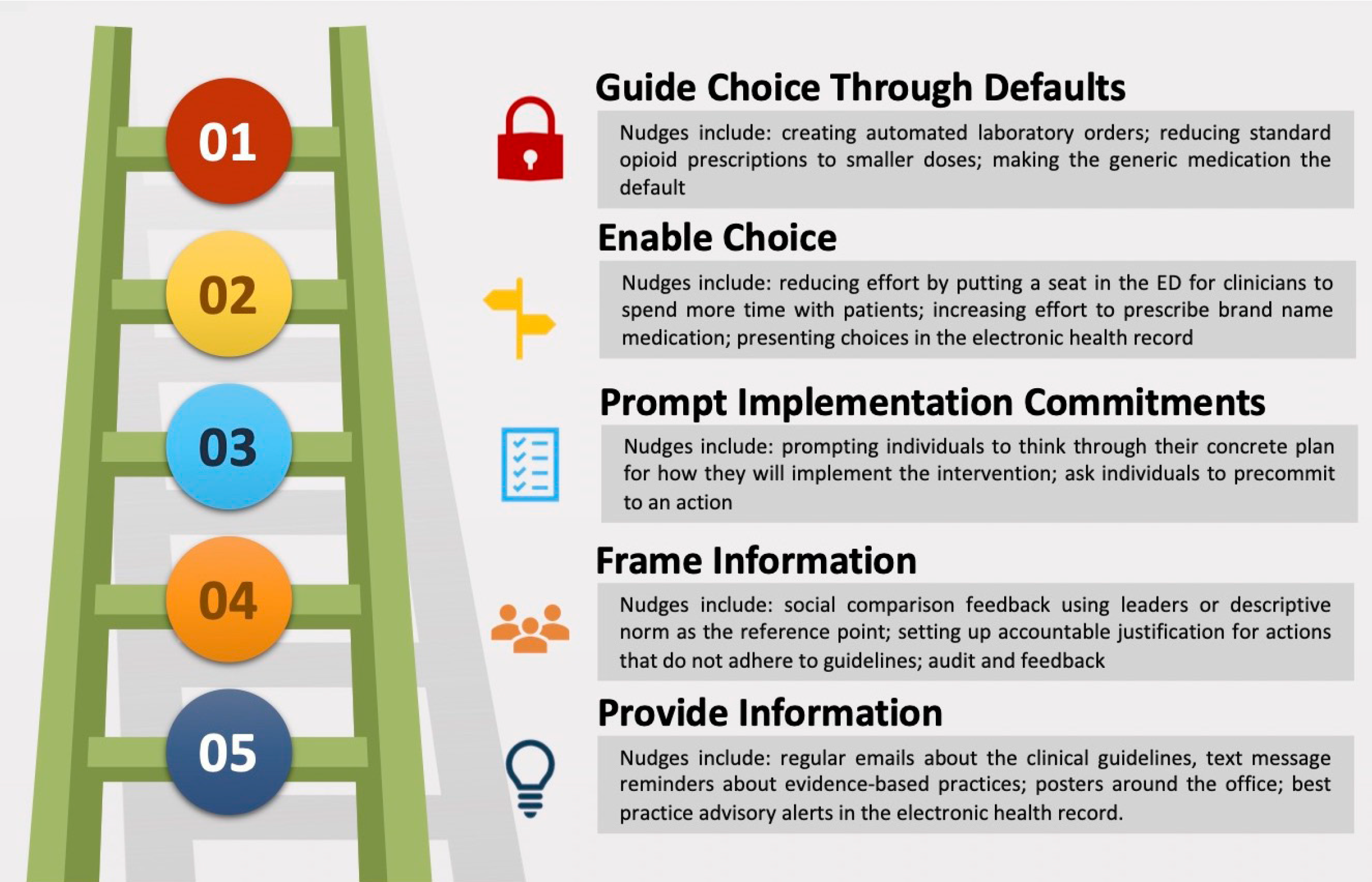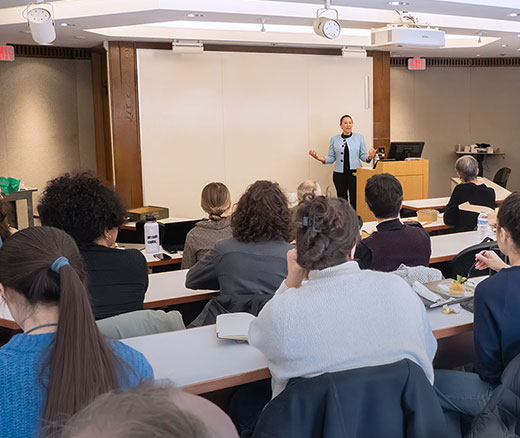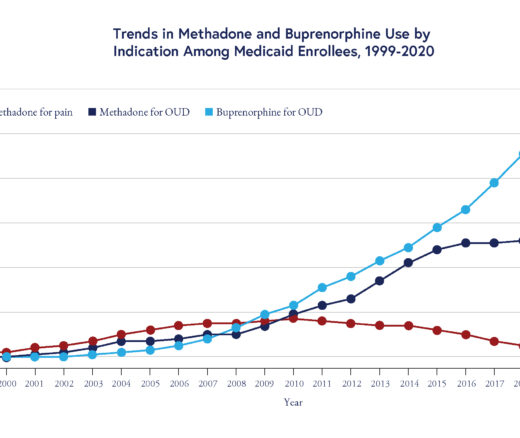
Only One in Four High-Risk Rural Births Get Appropriate Hospital Care
A Multi-State Study Finds That Parents Often Travel 60+ Miles—With Distance, Insurance, and Race Driving Gaps in Maternal Care
Blog Post
The idea of “nudges” to improve clinical decision-making is appealing, but which ones actually work? In a systematic review in BMJ Open, Briana Last, Alison Buttenheim, Nandita Mitra, Rinad Beidas, and colleagues find that the most effective nudges tend to be the most assertive ones, often changing default options or reducing decisions to a limited set of choices.
Nudges alter the way choices are presented, to overcome predictable errors in decision-making. They can be more or less potent, as shown in the “ladder” (Figure 1) based on Mitesh Patel’s adaptation of the Nuffield of Bioethics’ “intervention ladder.” Stronger interventions that limit clinicians’ choice are on higher rungs and more passive interventions that provide information or reminders are on lower rungs.

In their review of 39 studies, the authors found that nudges were generally effective: most nudges (73%) studied significantly improved clinical decisions. Nudges that changed default options (such as lowering the number of opioid prescription pills) or enabled choice through an “active opt-out” model were most effective. Nudges that framed information for clinicians (such as peer-comparison interventions) were also largely effective. On the other hand, nudges that provided information to the clinician through reminders did not significantly change clinician behavior.
As the world of behavioral economics and nudges continues to expand—just look to the Penn Medicine Nudge Unit—health systems and clinicians will need guidance on the type of nudge to implement, how to scale effective ones, and how nudges may interact in a clinical setting. This systematic review adds to the growing science around how nudges can improve clinical practice.
The study, Systematic Review of Clinician-Directed Nudges in Healthcare Contexts, was published in BMJ Open. Authors include Briana S. Last, Alison M. Buttenheim, Carter E. Timon, Nandita Mitra, and Rinad S. Beidas.


A Multi-State Study Finds That Parents Often Travel 60+ Miles—With Distance, Insurance, and Race Driving Gaps in Maternal Care

Former CMMI Leader Liz Fowler Cites Rigid Federal Scoring Rules and Bureaucratic Impatience for Pilot Failures

A Major European–U.S. Hospital Study Finds That Changing How Hospitals Are Organized Reduces Burnout and Turnover While Improving Care Quality

An LDI Fellow Who Helped Architect the ACA Highlights Progress on Primary Care Payment Reform and the Expansion of Site-Neutral Reimbursement Policies

Penn LDI Senior Fellow Dominic Sisti Cites “Alarming Levels”

Chart of the Day: Methadone Use for Opioid Use Disorder Tripled From 2010–2020, Yet Only One in Four People With Addiction Receive Medication